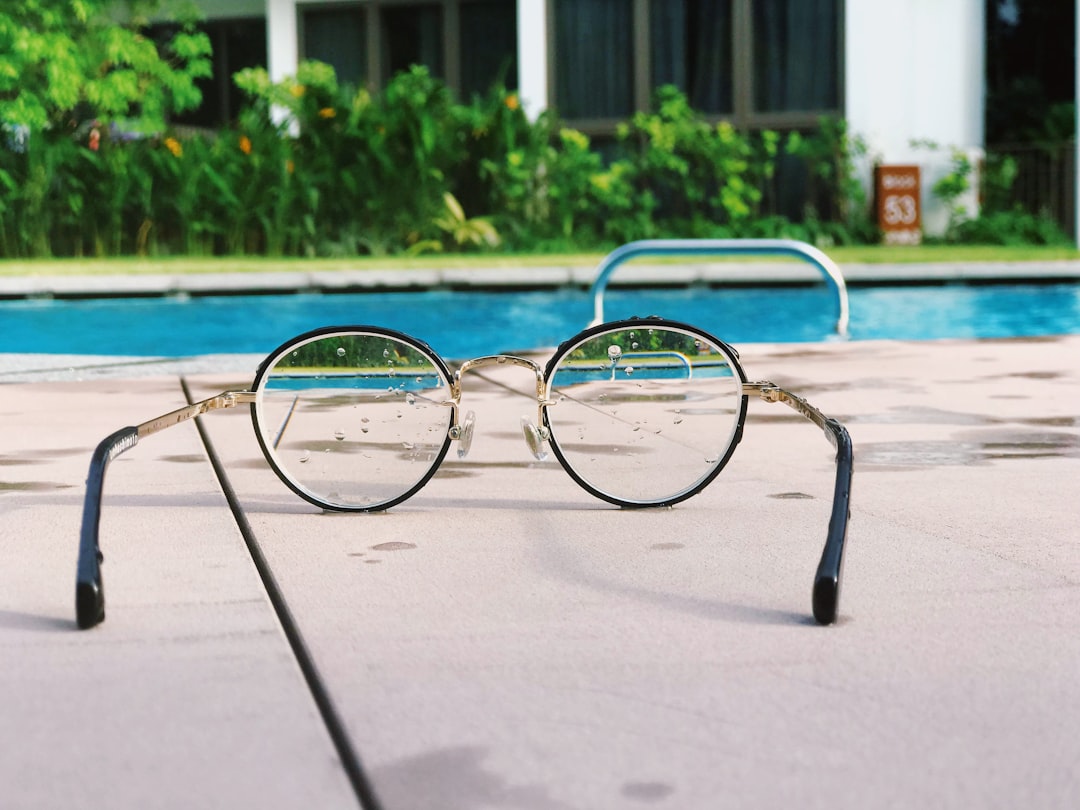Corrections Officer Āpiha Whare Herehere
Corrections officers are responsible for keeping prisoners safe and secure and motivating them to make changes in their lives.
Corrections officers may do some or all of the following:
- supervise prisoners' daily routine, which includes meal, work and recreation times
- monitor, assess and manage the behaviour and safety of prisoners
- patrol prison buildings and grounds
- ensure the physical and mental safety of prisoners
- monitor prison visits and record visitors' details
- motivate prisoners to make changes to their behaviour
- help control and lessen conflict in the prison
- take part in rehabilitation programmes
- prepare reports relating to prisoners and any incidents that occur
- escort prisoners to court hearings, funerals or appointments with dentists or doctors.
Physical Requirements
Corrections officers need to be fit, healthy and strong as they spend a lot of time on their feet and the job can be physically demanding. They also need to have good hearing and vision.
Useful Experience
Useful experience for corrections officers includes:
- work as a probation officer
- community work
- social work
- coaching experience.
Personal Qualities
Corrections officers need to be:
- good at communicating with a range of people, including prisoners and their families and friends
- dependable and honest
- mature, non-judgemental and fair in their dealings with prisoners
- observant, alert and accurate
- able to follow orders
- able to work well under pressure
- able to remain positive in difficult situations
- assertive and able to use their initiative
- interested in helping others.
Skills
Corrections officers need to have knowledge of:
- prison policy, procedures, rules and routines
- control and restraint techniques
- first aid and safety procedures.
Conditions
Corrections officers:
- work shifts, including public holidays, weekends and nights
- work in prisons and courts. They also supervise prisoners in work groups on prison grounds or off-site
- work in conditions that can be demanding and stressful as they may be at risk of verbal and physical abuse.
Subject Recommendations
There are no specific secondary education requirements to become a corrections officer. However, languages, social studies and te reo Māori are useful.
Corrections Officers can earn around $67K-$80K per year.
Pay for corrections officers varies depending on their experience and level of responsibility.
- Corrections officers start on about $67,000 and usually earn up to $80,000 a year.
- Senior corrections officers usually earn between $82,000 and $89,000.
- Principal corrections officers usually earn between $96,000 and $105,000.
Source: Department of Corrections, 'Department of Corrections Frontline Staff (Prisons Based) Collective Agreement CANZ 2023-2026', February 2024.
Corrections officers may progress to work as senior corrections officers, principal corrections officers and unit managers.
Corrections officers may also move into jobs in management or policy at Department of Corrections or Ministry of Justice.
Years Of Training
1 year of training required.To become a corrections officer you need:
- a current, full driver licence, or to be able to obtain this before you finish training
- a clean criminal conviction record
- the right to work in New Zealand, or to meet the Immigration NZ criteria for an Accredited Employer Work Visa.
You must also pass:
- medical, psychological and physical fitness tests
- drug tests.
The Department of Corrections provides training for new corrections officers, which includes workplace and classroom learning. Initial training takes 10 weeks. Full corrections officer training takes 12 months.
The Vulnerable Children Act 2014 means that if you have certain serious convictions, you can’t be employed in a role where you are responsible for, or work alone with, children.

 Otumoetai College
Otumoetai College